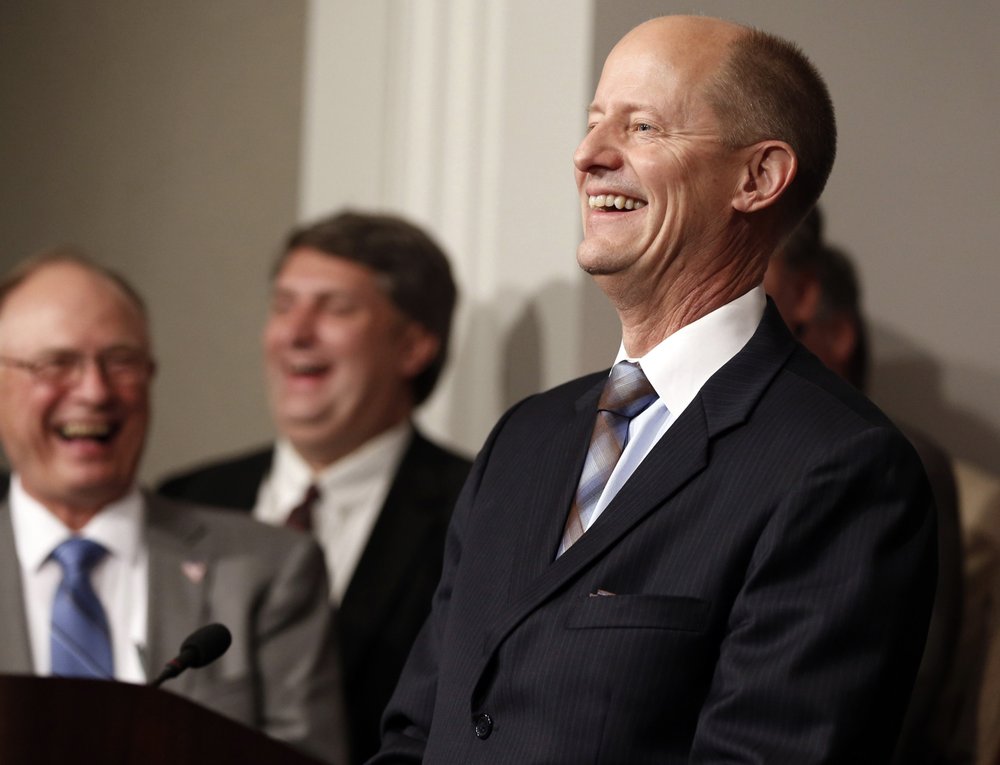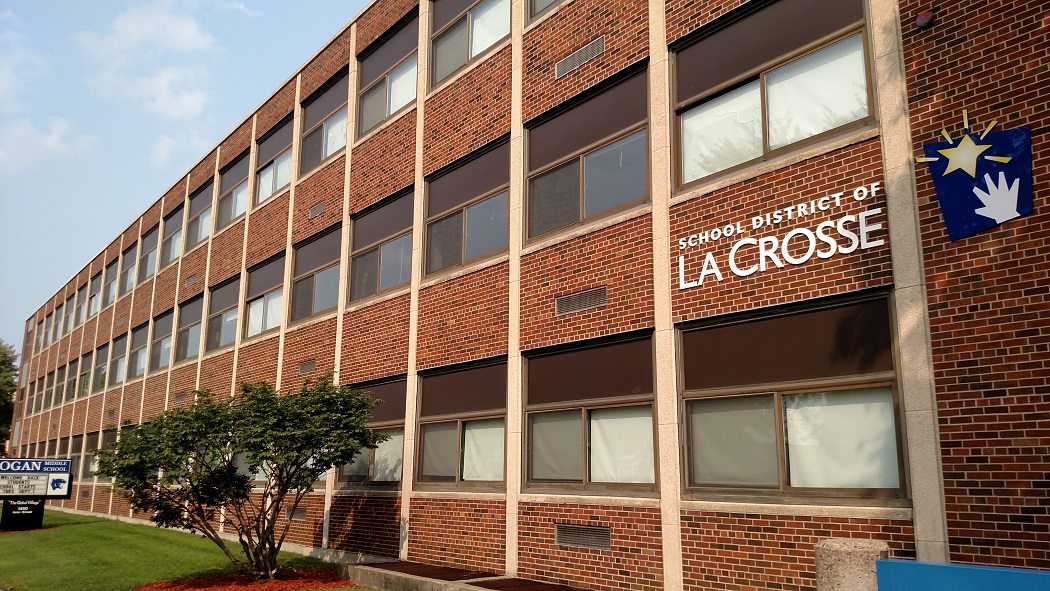Minnesota
Senate Republicans revive private school scholarships plan

ST. PAUL, Minn. (AP) — Minnesota Senate Republican leaders said Tuesday that a proposal to turn tax credits into scholarships for low- and middle-income students to attend private schools is a priority for them, and they hope to make it the subject of late-session negotiations with Gov. Tim Walz and House Democratic leaders.
Senate Taxes Committee Chairman Roger Chamberlain is making another run at passing the proposal, which he also pushed in 2017 until GOP leaders dropped it amid a veto threat by then-Gov. Mark Dayton. Since then, Walz, a Democratic former public school teacher, became governor and Republicans lost control of the House. Chamberlain touted it as a way to reduce the state’s large achievement gaps affecting students of color.
“Certainly the governor has a lot of proposals that we have not been agreeable to,” Senate Majority Leader Paul Gazelka said at a news conference, flanked by a racially diverse group of children who attend private schools. “But this is an important one to us. Negotiations at the end are a bit of give and take, and this is a high priority for us. … We’ll fight for this one. We think it matters for kids in Minnesota.”
Walz told reporters he opposes the proposal and called it “an ideological issue” for Republicans. “It will not happen,” he said, adding that they should focus on other issues instead.
Earlier this year, Gazelka said Minnesota’s Senate would only focus on important issues, when Democrats proposed legislation to legalize recreational marijuana.
“Senate Republicans are focused on reducing health care costs, supporting mental health care, and passing a balanced budget,” Gazelka, R-Nisswa, said in a statement. “Legalizing recreational marijuana is a controversial issue, to say the least, and not something I would consider a priority issue. … I don’t think it has a chance to pass the Senate this year.”
Chamberlain’s committee held a hearing Tuesday and set the bill aside for possible inclusion in a larger tax bill.
Joanna Bayers, legislative director of the Minnesota Department of Revenue, which is part of his administration, testified that it would send money to private schools “at a time when the state should be funding the significant needs of the public schools.” She also said the proposal lacks accountability requirements that would enable measuring whether it produces better outcomes than public schools.
The legislation would authorize scholarships for low- and middle-income students to attend the schools of their choice. The scholarships would be funded through private donations to nonprofits, which would then grant the scholarships. Those donations would be eligible for 70-percent state income tax credits, capped at $21,000 for married joint filers, $10,500 for individual filers and $105,000 for corporations. The lost revenue to the state would be capped at $35 million a year. It’s a different funding mechanism from school vouchers, which have long faced stiff opposition in Minnesota.
Chamberlain acknowledged it will be a “tough sell” to Walz and House Democrats, but said they’ll try to convince them it won’t hurt public schools.
Eighteen other states have similar plans, he said, including neighboring Wisconsin, Iowa and South Dakota. The U.S. Supreme Court has upheld them, and he said he believes his proposal would pass muster under the state constitution. That’s because it’s based on donations from private individuals to private nonprofit funds for distribution to private institutions, he said.
Kirk Schneidawind, executive director of the Minnesota School Boards Association, testified that the $35 million annual cost could be better invested in programs that help a majority of public school students, who he said already have lots of choices within the public system that help keep schools accountable.
“The top priority of the Legislature should be to invest and fund our public schools and the 850,000 public school students that they serve,” he said.
Denise Specht, president of the teachers union Education Minnesota, denounced it as a “neovoucher” bill.
“It is simply wrong to send the public’s money to unaccountable private schools that can, and do, discriminate against families based on their religion, wealth and need for special education services,” she said in a statement. “Some individuals may want that for their children, but the taxpayers of Minnesota shouldn’t be forced to pay for it.”






